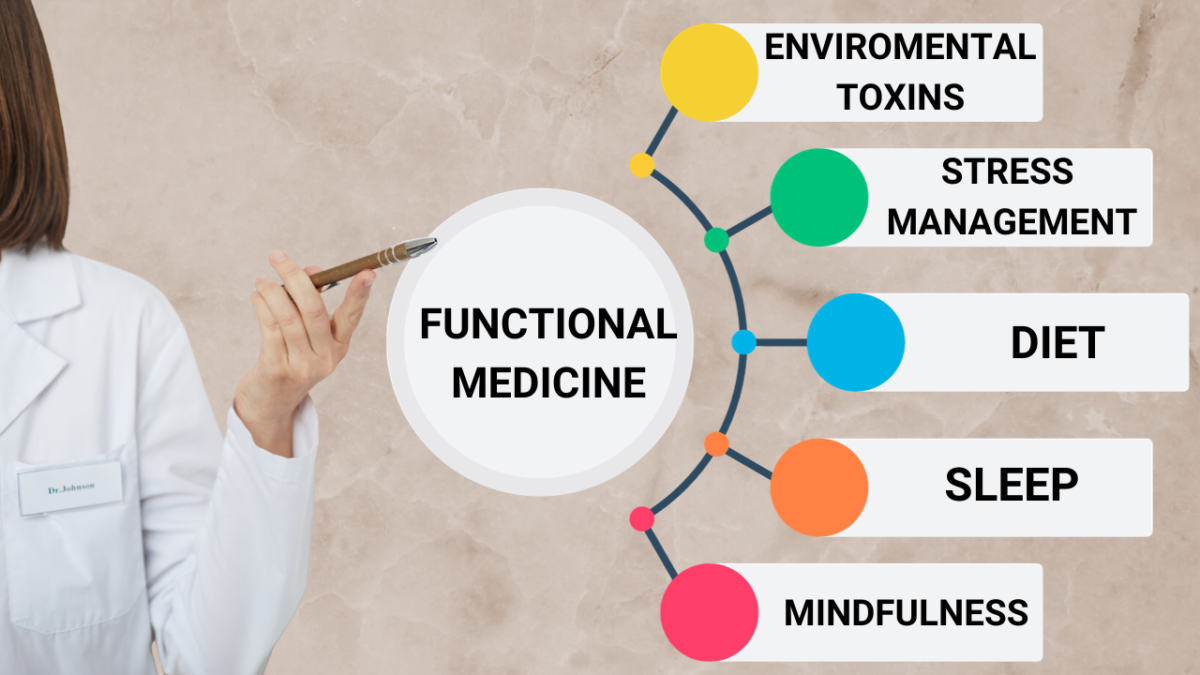Why is it important to be able to move your own body?
Back in 2014, a group of researchers in Brazil conducted a test called “the sit rise test”, in order to assess the mobility and strength of individuals aged 50 and above [1]. The test required participants to get down to the ground and rise back up without using their hands. The study found that individuals who scored lower on this test were more likely to die of any cause in the next 5 years than people who could do the test easily. For me, this highlights the importance of maintaining mobility in the hip joints as we age. The reason is that if the hips are strong and flexible and your balance is good the “sit rise test” becomes a proxy test for your general robustness. If you can’t do it, or have to put a hand down, etc, the test shows you that your levels of physical robustness can be improved.
Sometimes the exercise is the test, and the test is the exercise, but in this case, I want to show you 4 exercises that require no equipment and will help you will help you become stronger and more flexible as you age.
So, let’s get started!
The Primal Squat
The Primal Squat is a fundamental bodyweight exercise that everyone should be able to perform. It involves getting into a squat position with your hands on the ground. However, this position can be challenging for some individuals. To make it easier, you can use a small wedge under your heels to provide support and stability.. Over time, you can gradually reduce the lift from the wedge to challenge your range of motion and improve your hip, knee, and ankle flexibility.
Additionally, if you find the position hard to get into you can hold on to something in front of you so that your arms take some of your weight. This way you can slowly lower yourself down as well as use your arms to help you up.
Over time you can put more emphasis on your your legs and use your arms to help you less.
The Dead Hang
Shoulder mobility tends to decline as we age due to lack of use. One effective exercise for improving shoulder mobility is the dead hang. You can use a bar, a door frame, or rings to perform this exercise. By lowering yourself down and allowing your hands to go over your head, you can stretch and improve the flexibility of your shoulders. Gradually increasing the duration of the hang can lead to significant improvements in the strength and mobility of your hands, forearms, elbows, and shoulders, and who doesn’t want stronger arms?
Hip Stretches
As the hips are the largest joint in the body they play a crucial role in overall flexibility and mobility. For example, tightness in the hamstrings and weak posterior chain muscles can lead to back problems and limited range of motion. One effective exercise for stretching the hamstrings and improving hip flexibility is stepping backward with one leg and then bending that same knee. As you do this you can hinge at the hips and you will stretch the hamstrings on the opposite side. By varying the direction of your step backward, you can target different muscle groups within the hamstring region. The Cossack squat, which involves going wide and stretching the hamstring and groin section, is an advanced exercise that further enhances hip flexibility.
The Pivot Stretch
The pivot stretch is an exercise that combines hip mobility and shoulder mobility. This stretch builds on the stretch you learned earlier for the hamstrings. Instead of just stepping backwards you also step forwards into a lunge stretch for the front of the hip. While you are stepping forward and backward you can raise both arms over your head to start mobilizing your shoulders. This exercise allows you to target multiple muscle groups and improve flexibility in the hips and shoulders. It is a time-efficient way to enhance mobility in these areas.
Ultimately these bodyweight exercises offer a holistic approach to enhancing flexibility and strength in key areas of the body. Remember to start slowly and gradually increase the intensity and duration of each exercise. Consistency is key when it comes to achieving long-term results. So, give these exercises a try and experience the transformative power of better mobility!
I help people use a combination of lifestyle medicine and specific exercises to help them recover from illness and injury while ultimately adding healthspan to their lifespan.
If you are interested in how I can help you send me a message via the “Contact Us” page and I’ll see if I can help.
Sources:




